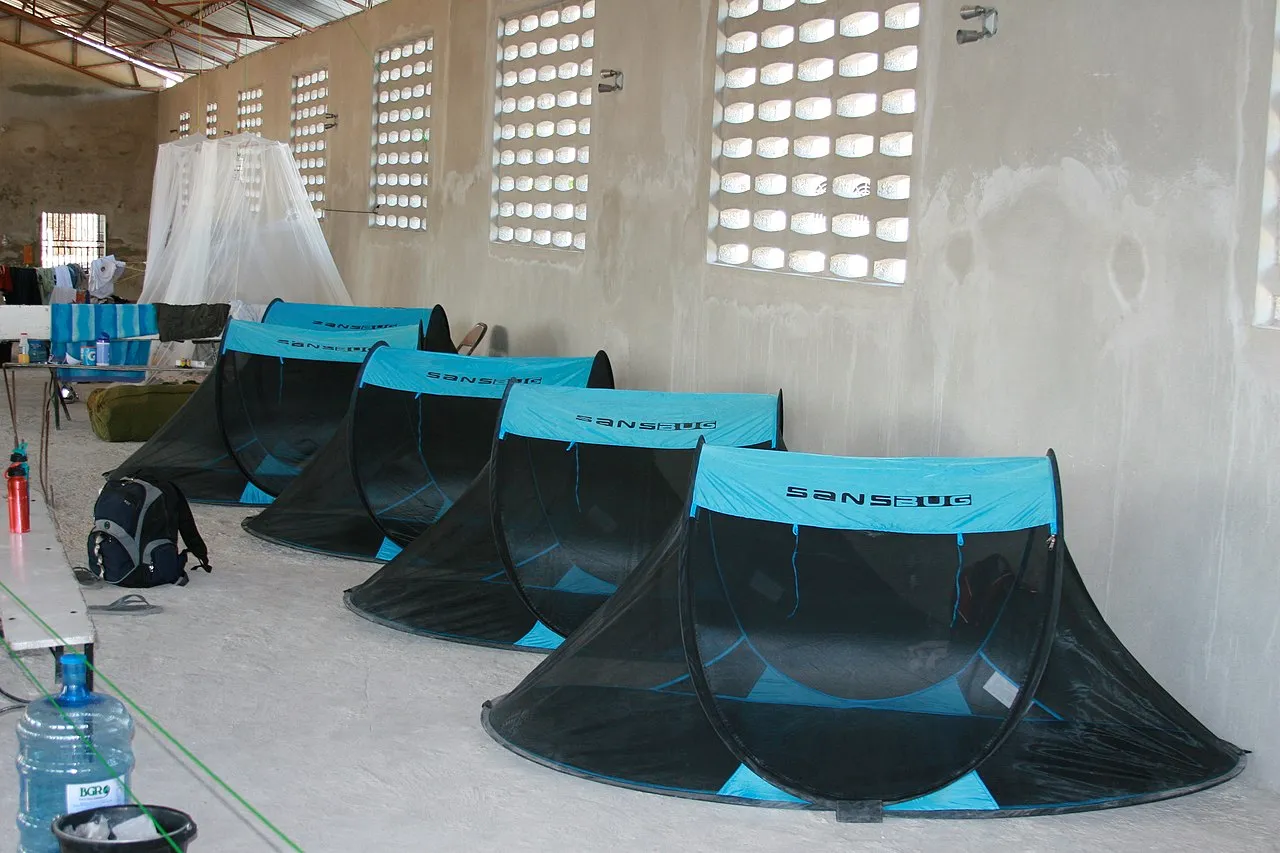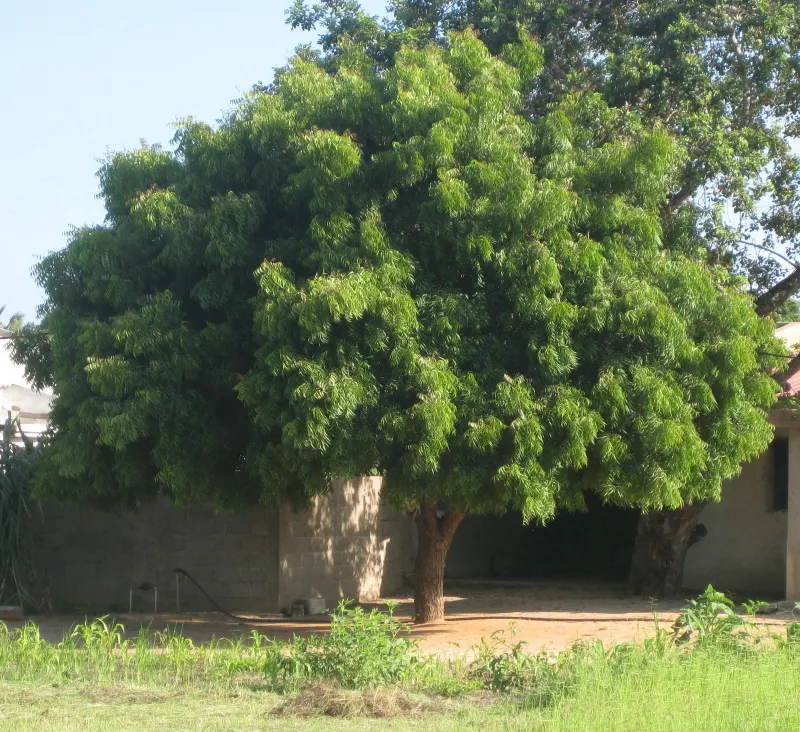Malaria fever is probably one of the most popular ill healths that inflict humans populace in the tropics and all the parts of the world where malaria vectors are found and or where the disease is endemic. In Nigeria, malaria drugs are available over the counter and can be picked up by anyone. Ordinarily, the disease is supposed to be diagnosed through a variety of tests before drugs are prescribed, but many people with a high disposition to malaria, those with the AA blood genotype, already know and understand their malaria symptoms and hardly visit the hospital before opting for drugs. However, it is still advisable to visit the hospital and get diagnosed before resorting to taking the recommended drugs.
When it comes to malaria and drugs, people with AS blood genotype might really not have a lot of problems as they are kind of partially resistant to the malaria parasite. The reverse is the case, though, for those of us with AA genotype as malaria comes knocking approximately once in three to four months. Sometimes, it comes sooner than that for me, being as short as just a 4-weeks interval.
One of the ways to prevent malaria is to ensure that the malaria vector, the mosquito, is completely eliminated in one's environment. Another approach that has gained huge popularity is to always sleep under insecticide-treated mosquito nets. However, this prophylactic approach is not just enough to prevent the health challenge for those in the malaria-endemic areas. The only way the prophylaxis can completely prevent an individual from coming down with malaria is if they have never had malaria in their lives.

Once the malaria parasite gets into its host's system, it gradually multiplies at a rate that depends on the strength of the host's immune system. If the immune system is strong, the population of the parasite is kept at a level that will not elicit symptoms in the host. Once the host's immune system goes down, the parasite quickly multiplies and at a certain population level, starts eliciting malaria symptoms in the host due to activities relating to toxin production and destruction of red blood cells.
At this point, the host would have to resort to treatment in order to eliminate the parasite and mitigate the symptoms. Apart from the drugs for the treatment of malaria, a person suffering from malaria is also advised to rest and eat foods that can boost the immune system concurrently. By doing so, the malaria parasite is being attacked at all fronts - first, the drugs, and second by the host's immune system. Once the population of the parasite goes down to a minimal level, the symptoms disappear from the host and good health returns.
Coming down with malaria and getting a drug to treat it is one thing, the drug being effective in bringing down the population of the parasite is another thing. No, the drugs do not lose their efficacies. Rather, the malaria parasites evolve through natural selection.
Evolution of malaria parasites through natural selection
A patient suffering from malaria symptoms gets diagnosed and prescribed a drug. The drug works against the parasite by bringing its population level in the bloodstream of the patient to a minimal level and the immune system prevents the population size from exploding again once the effects of the drug have worn down. In other words, drugs hardly eliminate all the parasite's population because a few with natural resistance to the drug would survive.
The status quo remains until something happens and the patient's immune system drops. The few surviving parasites who have somehow hibernated in the bloodstream suddenly find their feet and start multiplying rapidly and eliciting malarial symptoms in the patient all over again. This time, if the same drug that was prescribed earlier is recommended again, it will not work against the parasite. Remember that the few that survived earlier have a natural resistance to the drug. This resistance would be passed to their offspring as well and their descendants now constitute the new populace.
This is a clear case of evolution by natural selection and one of the major headaches with those of us that usually come down with malaria every now and then. We sometimes have to buy up to 3 different malaria drugs before finally getting one that will work at a particular time.
The evolution of the malaria parasite is also one of the reasons using mosquito nets might do not guarantee that one would still not come down with malaria. Once you have the disease, the only guarantee that you will not come down with it again if you sleep under the mosquito net is if the drug you took completely eliminates the parasite from your bloodstream. In reality, it is highly improbable that a drug will completely eliminate all the members of the pathogen's population.
Hence, even if you are not bitten by the malaria vector, there is no guarantee that you will not come down with malaria again once you have got a history of the disease. This is one of the reasons most people living in malaria-endemic parts of the world usually take loads of malaria drugs with them when traveling to another part of the world where there are no malaria vectors and where the disease is not endemic.

Herbs to the rescue
The evolution of the malaria parasite and its resistance to drugs has become a major problem. It may seem that the parasite is evolving at a faster pace than drugs can keep up. This is one of the reasons many are now resorting to herbs. Another reason is that people are tired of trial and error malaria drugs as these drugs do not come cheap.
There are a host of herbs and natural medicines that many resort to in the treatment of their malaria. Some of these herbs have been scientifically researched and proven to have the potentials to tackle the disease. In my future posts, I will be talking about the popular herbs for the treatment of malaria in the malaria-endemic parts of the world, including here in Nigeria.
Thank you all for reading my humble submission.
